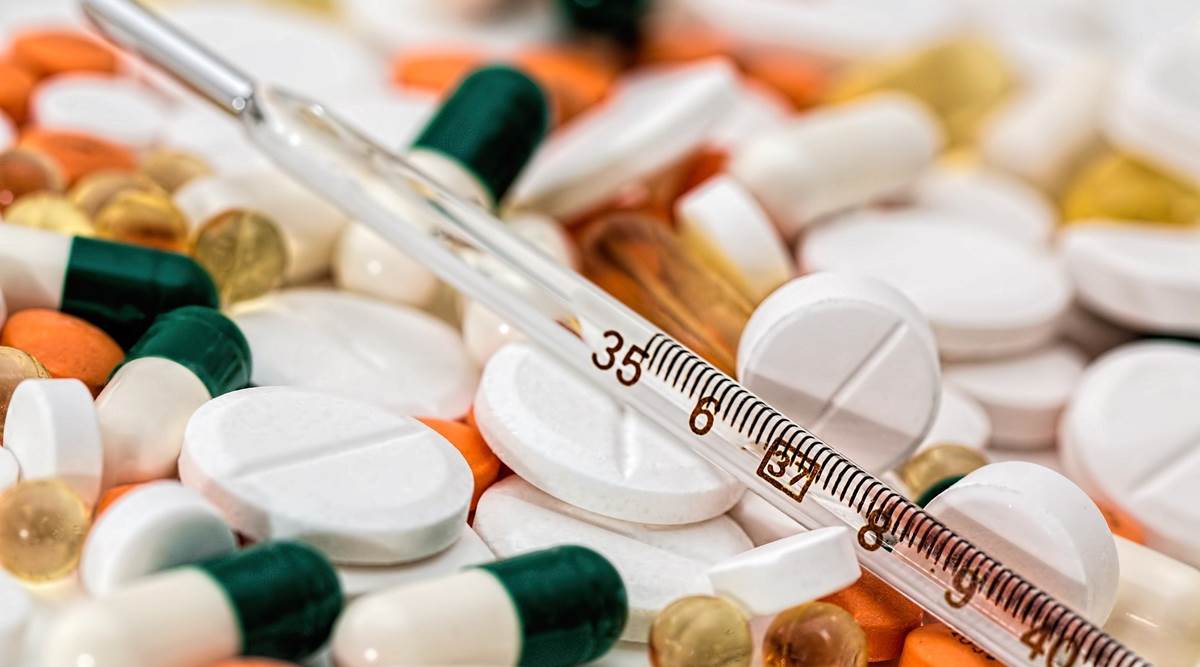Steroids can save the lives of patients with severe COVID-19 infection, doctors say

Sometimes for patients, who have tested positive for Covid infection, steroids are prescribed. But there is a bit of ambiguity and hullabaloo about their usage.
According to the World Health Organization (WHO), in September 2020, it issued an “interim guideline” on the use of steroids — dexamethasone and other corticosteroids — for the treatment of COVID-19. The guidelines were developed by a panel of WHO and international experts and investigators, based on evidence collected from clinical trials.
It made two recommendations:
Recommendation 1:
WHO strongly recommends that corticosteroids (dexamethasone, hydrocortisone or prednisone) be given orally or intravenously for the treatment of patients with severe and critical COVID-19.
Recommendation 2:
WHO advises against the use of corticosteroids in the treatment of patients with non-severe COVID-19, unless the patient is already taking this medication for another condition.
* Time and duration of medication should be once daily for 7-10 days.
* Daily dose should be 6 mg of dexamethasone, equivalent to 160 mg of hydrocortisone (50 mg every 8 hours or 100 mg every 12 hours), 40 mg of prednisone, 32 mg of methylprednisolone (8 mg every 6 hours).
To understand more about steroids and their usage, indianexpress.com reached out to doctors. According to Dr Abdul Samad Ansari, director critical care, Nanavati Max Super Speciality Hospital, while steroids are effective to reduce the infection associated with inflammation, they “should be used responsibly and timely to avoid aggressive virus replication”.
“Steroid use should be restricted to patients with persistent fever, oxygenation impairment (breathing difficulty) or worsening cough due to airway inflammation for over 5-7 days. The steroid dosage shouldn’t be more than 2mg/kg for any individual and ideally restricted to 1mg/kg. That is, for an individual weighing 60 kg, the steroid use should be less than 120 mg and ideally restricted to 60 mg. The dosage should taper down with time and a different treatment strategy should be implemented if the condition of the patient doesn’t improve,” he said.
The doctor cautioned that while prescribing “high dosage of steroids to diabetic patients”, the clinicians “should be vigilant about secondary infections”. Considering India as the diabetes capital of the world, indiscriminate use of steroids for patients with known and borderline diabetes may cause superadded infections or breakthrough fungal and bacterial infections”.
Dr Pradip Shah, general physician, Fortis Hospital, Mulund offered that steroids are mostly used as the main treatment for “certain inflammatory conditions, such as systemic vasculitis (inflammation of blood vessels) and myositis (inflammation of muscles)”. “They are also used to treat rheumatoid arthritis, lumps, gout, and viral infections.”
The doctor warned that some of its side effects include:
* Indigestion/heartburn
* Increase in appetite, weight gain
* Difficulty in sleeping, changes in mood and behaviours
* Feeling irritable or anxious
* Increase in the risk of infections, chickenpox, shingles and measles
* High blood sugar, osteoporosis, glaucoma and Cataracts.
“Steroids can save the lives of patients with severe COVID-19 infection. Steroids used in COVID-19 are dexamethasone, methy/prednisolone. Patients with severe COVID-19 can develop a systemic inflammatory response that can lead to lung injury and multisystem organ dysfunction. The potent anti-inflammatory effects of steroids might prevent deleterious effects,” he said.
For more lifestyle news, follow us: Twitter: lifestyle_ie | Facebook: IE Lifestyle | Instagram: ie_lifestyle
Source: Read Full Article